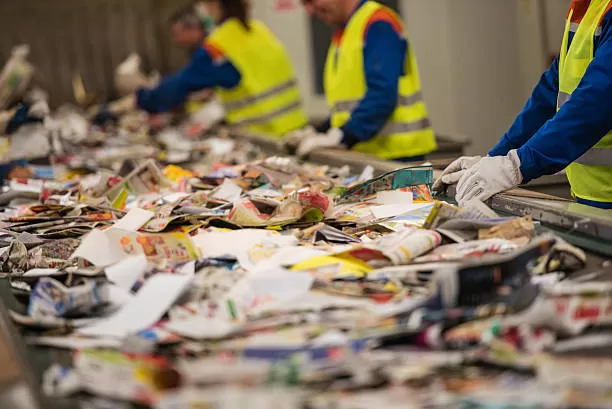

Raimondi to Debut TRT 55US at CONEXPO
"Raimondi Group will present the TRT 55US rough terrain crane at CONEXPO 2026, marking the first product debut under its newly established Raimondi North America operations hub.Developed by Terex Rough Terrain, now part of the Raimondi portfolio, the 55-tonne model has been engineered specifically to meet North American operational, regulatory and environmental requirements.Designed for North American ApplicationsThe TRT 55US features a compact transport-friendly design, an additional jib configuration and a redesigned operator environment aimed at improving efficiency and precision. It offers..

CPCL Ranks No.1 in NHAI DPR Ratings
"Chaitanya Projects Consultancy (CPCL) has secured the top position in National Highways Authority of India’s first-ever provisional DPR consultants rating, scoring 80.75 out of 100 and outperforming 55 peer firms.CPCL ranked ahead of Pentacle Consultants (78), L&T Infrastructure Engineering (76), MSV International Technology (74) and Transys Consulting (72). The ranking, released in the fourth week of January 2026, marks NHAI’s first transparent evaluation framework aimed at enhancing DPR quality under Bharatmala and other national highway programmes.The move aligns with the accountab..

Aimtron Enters Europe with Rs 38 Mn Order
Aimtron Electronics has secured its first European box-build order worth approximately Rs 38 million from a Europe-headquartered OEM with manufacturing operations in Spain, catering to global automotive and industrial customers.Valued at around €359,454.55 (approximately Rs 3,87,88,740.49), the order marks the company’s formal entry into the European market. Though modest in size, the engagement is considered strategically significant as it validates Aimtron’s capability to meet stringent European automotive quality, safety and compliance standards.The company indicated that, based on on..

















